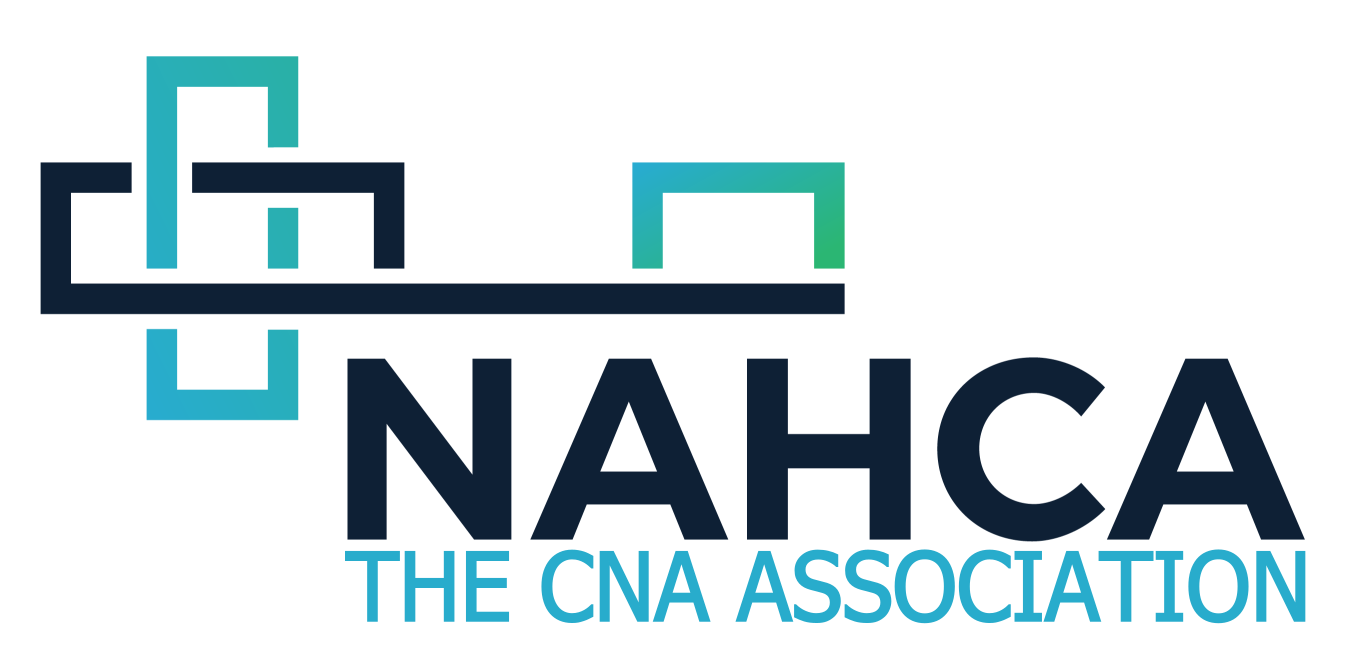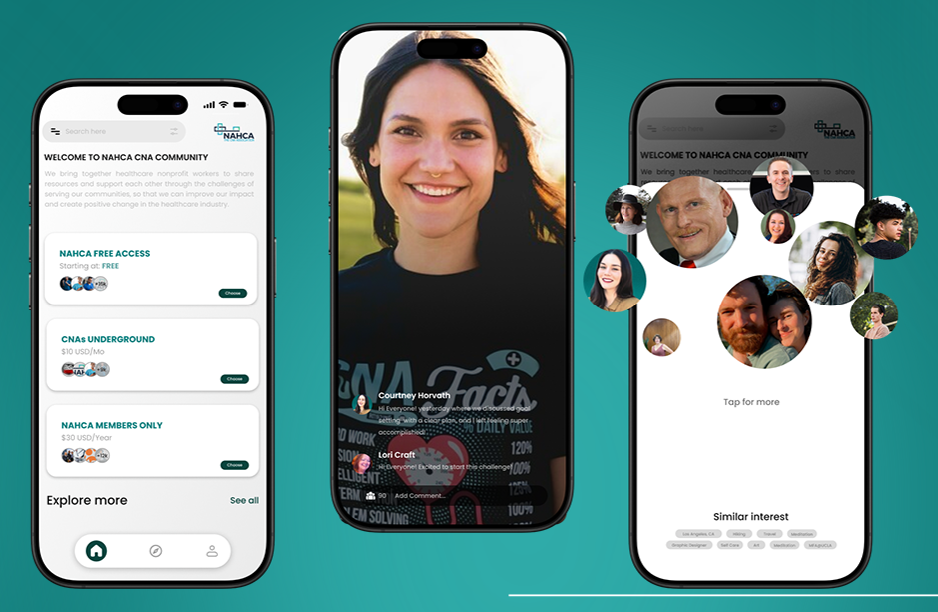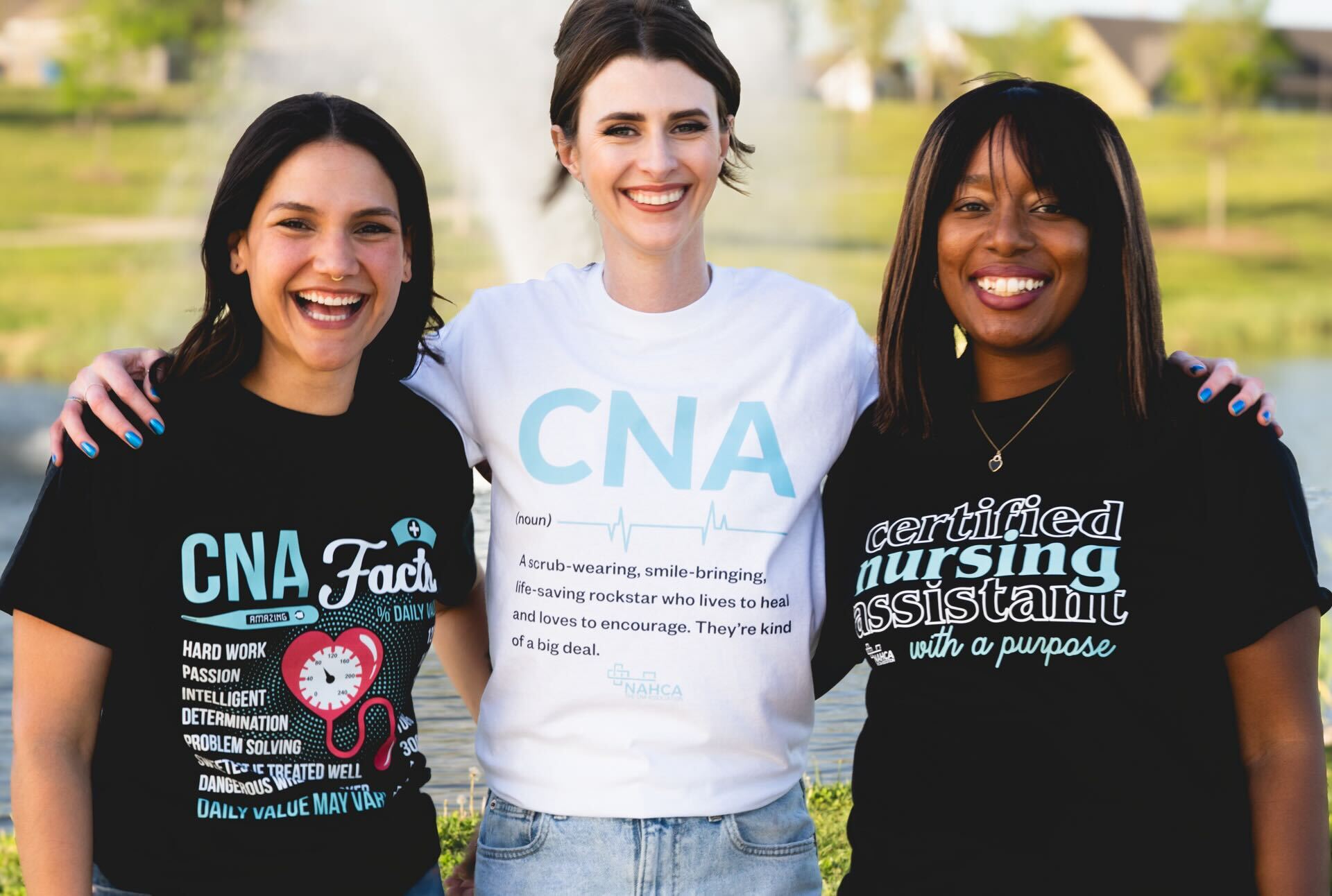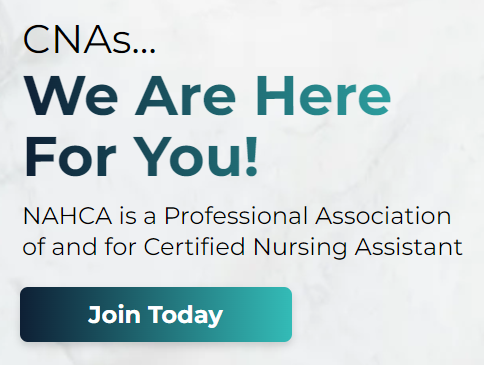Culture is often a factor in non-acceptance of hospice. Taking care of family members is a way to express respect, gratitude, and dignity. And family members are trusted to make the best end-of-life care decisions because they know their loved one best.
In African American culture, prayers for a miracle – rather than accepting death and focusing on end-of-life care – is often looked down upon because their loved one is giving up.
Distrust Is Real and Generations Old
Within the African American community, there is a great deal of distrust of the healthcare system. Often times, due to the elders who have experienced racism and discrimination, those “feelings” are often passed down through the generations. Many refer to the Tuskegee Experiment as to why healthcare professionals cannot be trusted. As I have heard someone say before, “I won’t be anyone’s guinea pig.”
It has been shown that sometimes it is simply that the African American community does not have the information needed or does not fully understand the information given about hospice care such as what it is, where services can be provided, what it will cost, and what are the quality of services.
There also are cultural issues. For instance, providing food is an act of service for our loved ones. It is how we show we care, so to not feed our loved ones is unacceptable. When family members ‘hear’ or mistakenly think that hospice lets patient starve to death, this increases their distrust of and resistance to hospice.
Embracing Community and Family
The hospice team embraces a sense of community and family. When approaching the topic of hospice with patients and families, it is important to emphasize the focus on family and meeting the physical, emotional, and spiritual needs of both the patient and the family.
At the same time, reaching out to African American community leaders such as church pastors, local city leaders, educators, physicians, and others help reinforce a positive hospice message and show that hospice is not something to fear. It is an extension of care and an earned benefit. It is about quality of life versus quantity of days! It’s really about “living.”
Most of all, don’t forget that trust is the stepping stone to build positive community relations in order to provide hospice care to those who might not otherwise use it but deserve its benefits.




Very good read, enlightening and informative. Understanding cultures is part of healthcare and being able to help and guide people is a blessing.